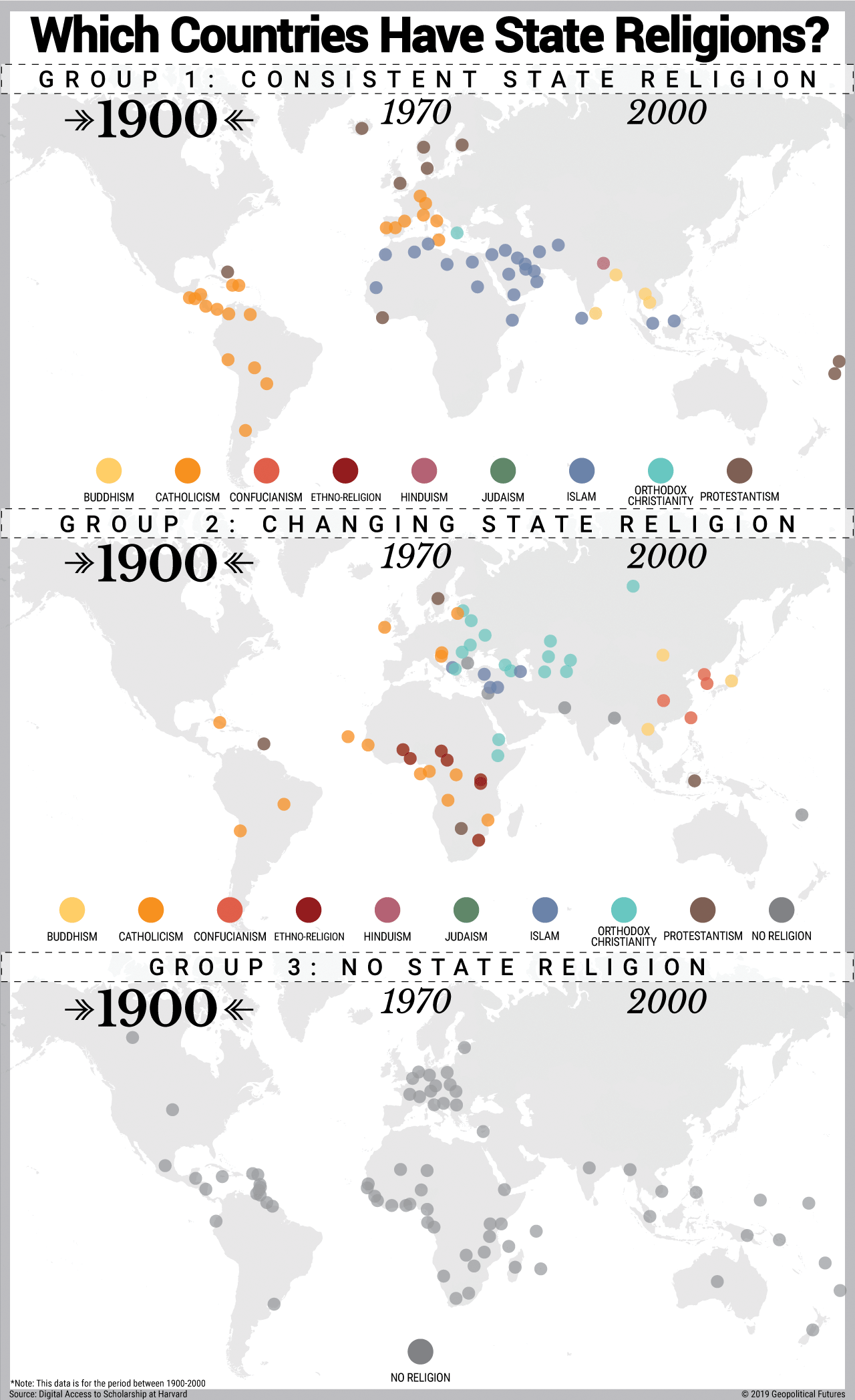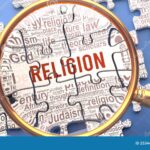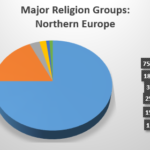The Power and Complexity of Shared Religion in Nation-States

Introduction
Shared religion often plays a fundamental role in the formation, cohesion, and identity of nation-states. Its influence shapes everything from national governance to the everyday experiences of citizens. Yet, the impact of a common religious identity is complex, producing both unity and division. Understanding these dynamics is essential for stakeholders in government, civil society, and policy development.
The Historical Roots of Shared Religion in Nation-States
The connection between religion and nation-building is ancient. In many societies, religious narratives have underpinned collective identities long before the emergence of the modern nation-state. For instance, the Hebrew Bible is considered by some scholars to be one of the earliest models of national identity, where religion defines belonging and political legitimacy [1] . The same can be observed in the influence of Christianity on Western state formation and Hinduism, Judaism, and Islam on non-Western nation-states [1] .
Historically, shared religion provided a framework for social norms, laws, and governance, embedding itself into the very structures of emerging states. Christianity’s adoption as a national religion by Armenia, Georgia, Ethiopia, and others helped solidify distinct national identities and unify populations around a common narrative [2] .
Shared Religion as a Source of National Identity and Unity
In many nation-states, a dominant religion continues to provide a sense of belonging and collective purpose . Shared religious beliefs can:
- Serve as a unifying force, fostering national solidarity and shared values
- Offer moral frameworks that guide legislation and social conduct
- Provide rituals and symbols that enhance national pride and identity
For example, the concept of a “chosen people” or “covenanted community” has shaped both Western and non-Western nationalism, underpinning the legitimacy of state institutions and leadership [1] .
The Role of Shared Religion in Political Legitimacy and Governance
Governments often draw on shared religious narratives to legitimize authority and shape national policies. In some countries, majoritarian religious identities are increasingly used to consolidate political power and define citizenship. This trend, known as desecularization , has seen a shift away from secular governance toward the empowerment of religious majorities. Recent examples include the rise of Hindu nationalism in India and the strengthening of Christian identity in states like Hungary and Brazil [4] .
Shared religion can also influence governance by informing public holidays, educational curricula, and legal systems. However, the extent of influence varies significantly between nation-states, depending on their historical and cultural contexts [5] .
Challenges and Tensions: Religious Minorities and Pluralism
While shared religion can enhance unity, it often poses significant challenges for religious minorities. When national identity is closely tied to a single faith, minority groups may face exclusion, discrimination, or even violence. The interplay between religion and nationalism can become a source of internal conflict, particularly where citizenship or rights are linked to religious belonging [3] .
Recent global events-such as citizenship policy changes in India, religious nationalism in Russia, and conflicts in Syria-demonstrate the potential for shared religion to fuel both solidarity and division. The challenge for modern nation-states is to foster inclusive national identities that respect religious diversity while maintaining social cohesion [3] .
Practical Steps for Navigating Shared Religion in Nation-States
Addressing the complexities of shared religion in nation-states requires intentional strategies:

Source: blogs.timesofisrael.com
- Understand Local Contexts: Analyze the historical and cultural relationship between religion and national identity in your country. Engage with academic research and official reports to gain nuanced perspectives.
- Promote Inclusive Policies: Advocate for legal frameworks that protect minority rights and encourage pluralism. This may involve supporting interfaith dialogue initiatives or participating in policy consultations led by government or civil society organizations.
- Engage in Community Dialogue: Join or organize forums where diverse religious communities can discuss their experiences, share concerns, and build mutual understanding.
- Monitor Government Actions: Stay informed about legislative changes or political movements that leverage shared religion for majoritarian purposes. You can do this by following official national news outlets, academic institutions, or international organizations dedicated to religious freedom.
- Access Support Services: If you experience religious discrimination or exclusion, consider reaching out to national human rights commissions or international groups such as Amnesty International or Human Rights Watch. For official support, search for your country’s human rights ombudsman or ministry of justice.
For those seeking to influence or understand policy, you can:

Source: coursehero.com
- Search for your country’s ministry of religious affairs or equivalent agency to review official policies
- Contact national interfaith councils or religious freedom watchdog organizations for resources and advocacy opportunities
- Refer to academic centers like the Berkley Center at Georgetown University, which regularly publishes research and analysis on religion and nation-states [3]
Alternative Approaches for Plural Societies
In states with multiple religious communities, alternative approaches can foster unity:
- Civil Religion: Develop shared civic rituals and symbols that transcend specific faiths, promoting a broader sense of national unity.
- Secularism: Implement policies that separate religion from state affairs, ensuring equal treatment regardless of faith. This approach can minimize conflict but may be challenged by strong religious traditions.
- Multiculturalism: Celebrate and integrate diverse religious traditions within a national framework, encouraging mutual respect and participation in public life.
Conclusion and Key Takeaways
Shared religion in a nation-state can be a double-edged sword: it has the power to unite and strengthen, but also to divide and marginalize. The key for modern societies is to balance the benefits of shared religious identity with robust protections for minorities and a commitment to pluralism. By staying informed, promoting inclusive policies, and engaging in dialogue, citizens and leaders can help their nation-states navigate the challenges and opportunities that shared religion presents.
References
- [1] State of Nationalism (2021). Nationalism and Religion: Making Sense of a Complex Relationship.
- [2] Pontifical Academy of Social Sciences (2019). Nation, State, Nation-State and the Doctrine of the Catholic Church.
- [3] Berkley Center, Georgetown University (2022). Religion and Nationalism in Global Perspective.
- [4] SSRC Intersections (2024). The Resurgence of Religion: Worldmaking in the Era of Desecularization.
- [5] JSTOR (1997). The Nation-State, Religion, and Uncivil Society, by C. Hann.






